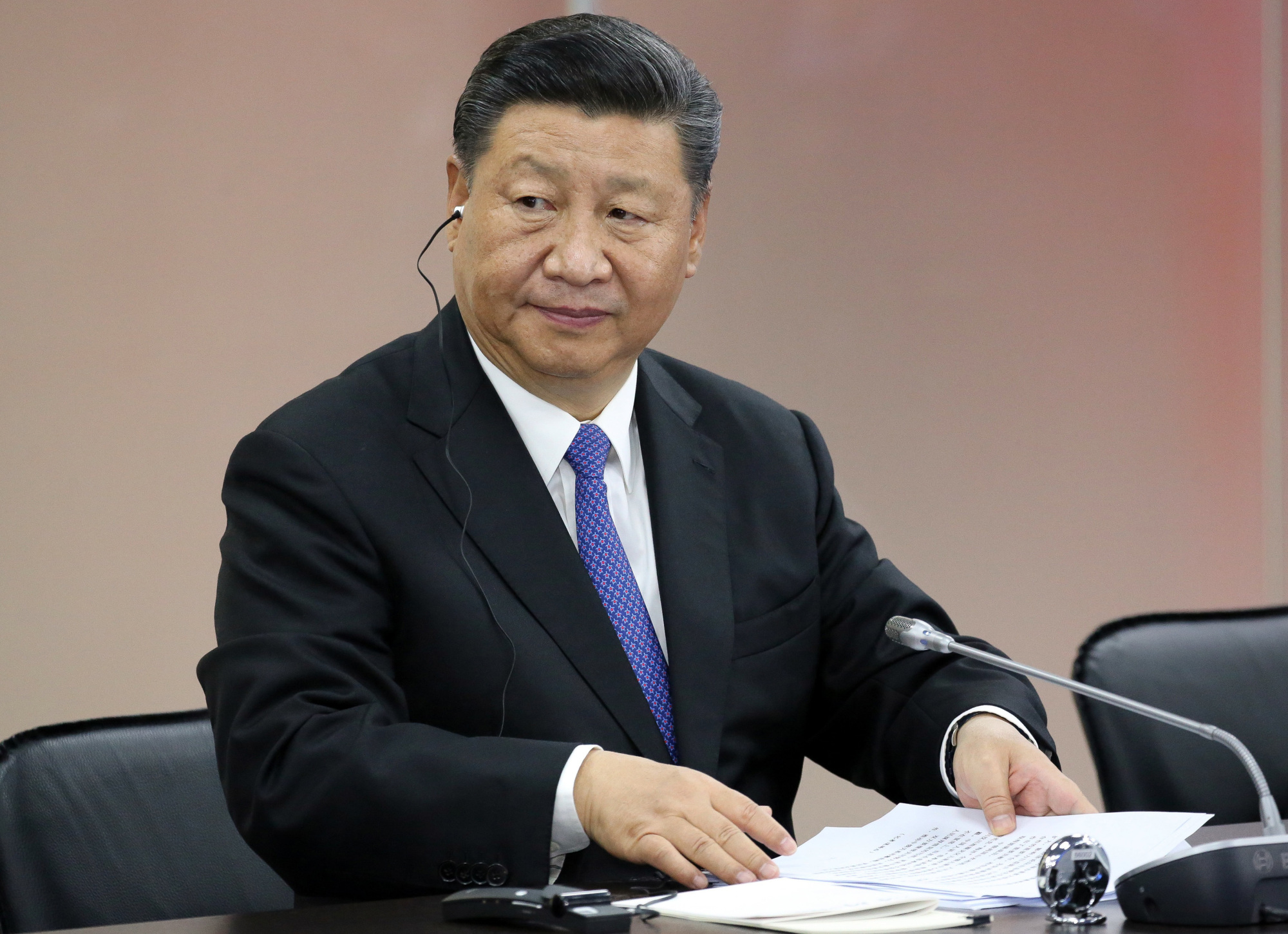In a year marking the 70th anniversary of its founding, the People's Republic of China appears to have entered a new era of uncertainty after more than a quarter century of phenomenal economic growth. China's slowing economy, an international geopolitical pushback against its overweening ambitions, new trade disruptions and tariffs, and President Xi Jinping's centralization of power, have created a jittery mood among the country's elites.
This year also marks the 30th anniversary of the Tiananmen massacre. At least 10,000 people were killed in the tank and machine-gun assault ordered by Deng Xiaoping and his henchmen on pro-democracy demonstrators at Beijing's Tiananmen Square.
The massacre happened because the Communist Party never abandoned its heavy reliance on raw power since the blood-soaked Mao Zedong era, during which tens of millions of Chinese died in the so-called Great Leap Forward, Cultural Revolution and other state-induced disasters.


















With your current subscription plan you can comment on stories. However, before writing your first comment, please create a display name in the Profile section of your subscriber account page.